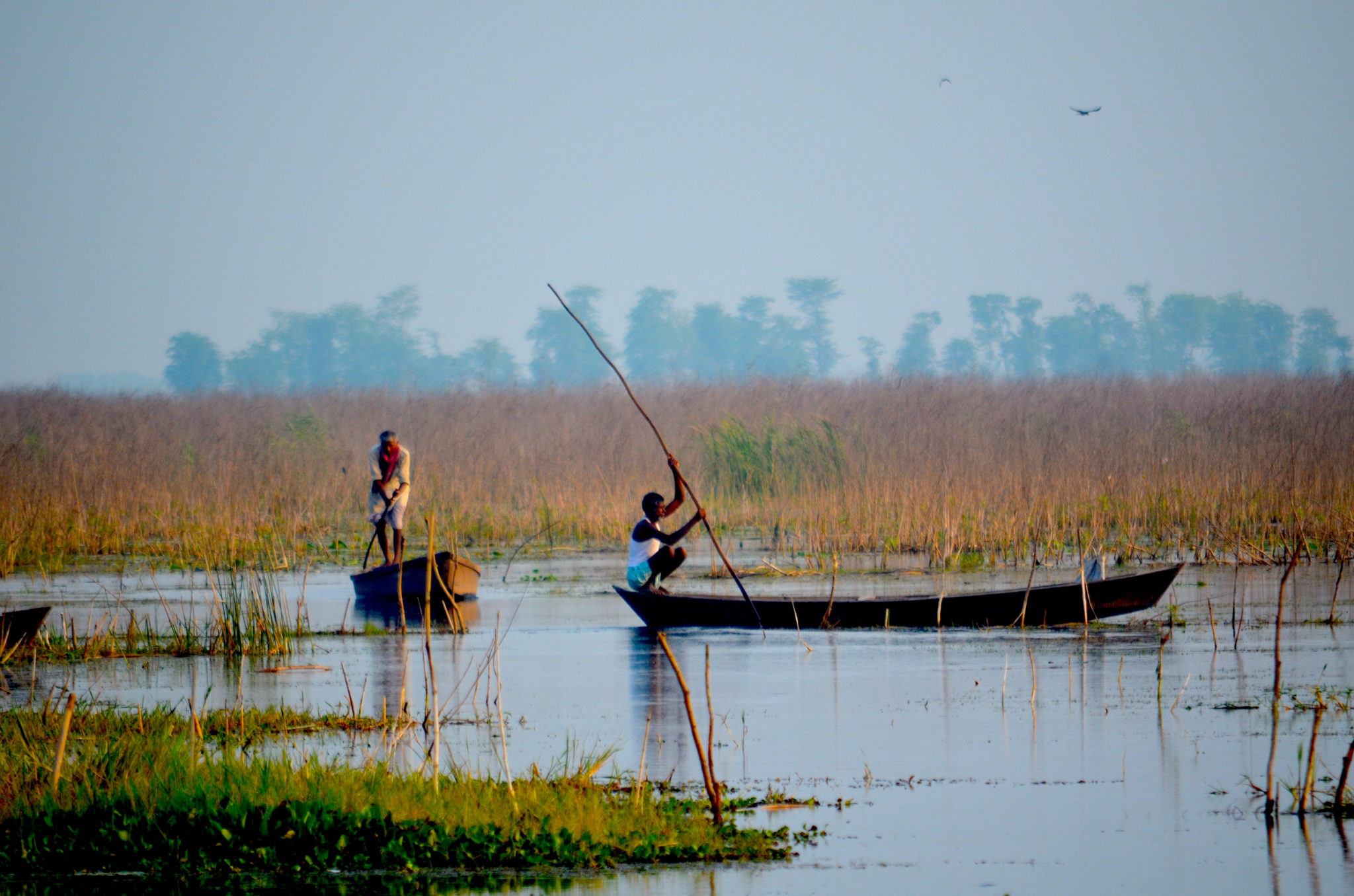
Online Training on Eco-DRR/EbA for Ramsar Sites and Protected Areas
-
Capacity development
-
Integrated management planning
Wetland ecosystems can reduce disaster risk and help communities adapt to the impacts of climate change. These landscapes (protected areas or Ramsar sites) can play an important role as buffers to hazards and climate change and at the same time, they can also be impacted by climate hazards and vulnerabilities.
Therefore, it is critical to ensure integration of Ecosystem-based Disaster Risk Reduction (Eco-DRR) and Ecosystem-based Adaptation (EbA) in management of these protected areas.
The United Nations Environment Programme (UNEP), Ramsar Secretariat, Ramsar Regional Centre for East Asia and Wetlands International are organizing an online training on Eco-DRR and EbA for wetland managers from 16 countries across Asia from 3 – 7 May 2021. This training aims to support the implementation of Resolutions XII.13 (Wetlands and DRR) of the Ramsar Convention on Wetlands through capacity development of wetland managers on Eco-DRR and climate change adaptation.
The Ramsar Resolution XII.13: Wetlands and Disaster Risk Reduction “affirms the need to develop and implement management plans for wetlands or adapt them in instruments designed for the management of existing natural resources, especially Ramsar Sites, that integrate the principles of ecosystem-based management and adaptation against natural hazards such as dust and sand storms, floods, droughts, fires, landslides, coastal erosion, tsunamis, hurricanes, storms, and storm surges, and also against accelerated sea level rise, and strongly encourages the mainstreaming of disaster risk reduction measures in these management plans and into all relevant policies, action plans and programmes”.
Wetlands International South Asia is providing technical support through conducting sessions on climate change adaptation in management planning and wetlands and Eco-DRR by presenting case studies and prior work experience in Tampara Lake basin (Odisha) and Kabartal (Bihar). Building on the work done under the Partners for Resilience programme, the sessions will aim to provide an in-depth understanding of risks, opportunities and challenges of working in hazard prone landscapes.
The training aims to introduce the concepts of nature-based solutions, provide hands-on learning and exchange of ideas on Eco-DRR in management planning of Ramsar sites and lastly, provide an understanding of information and reporting requirements to support member states.
